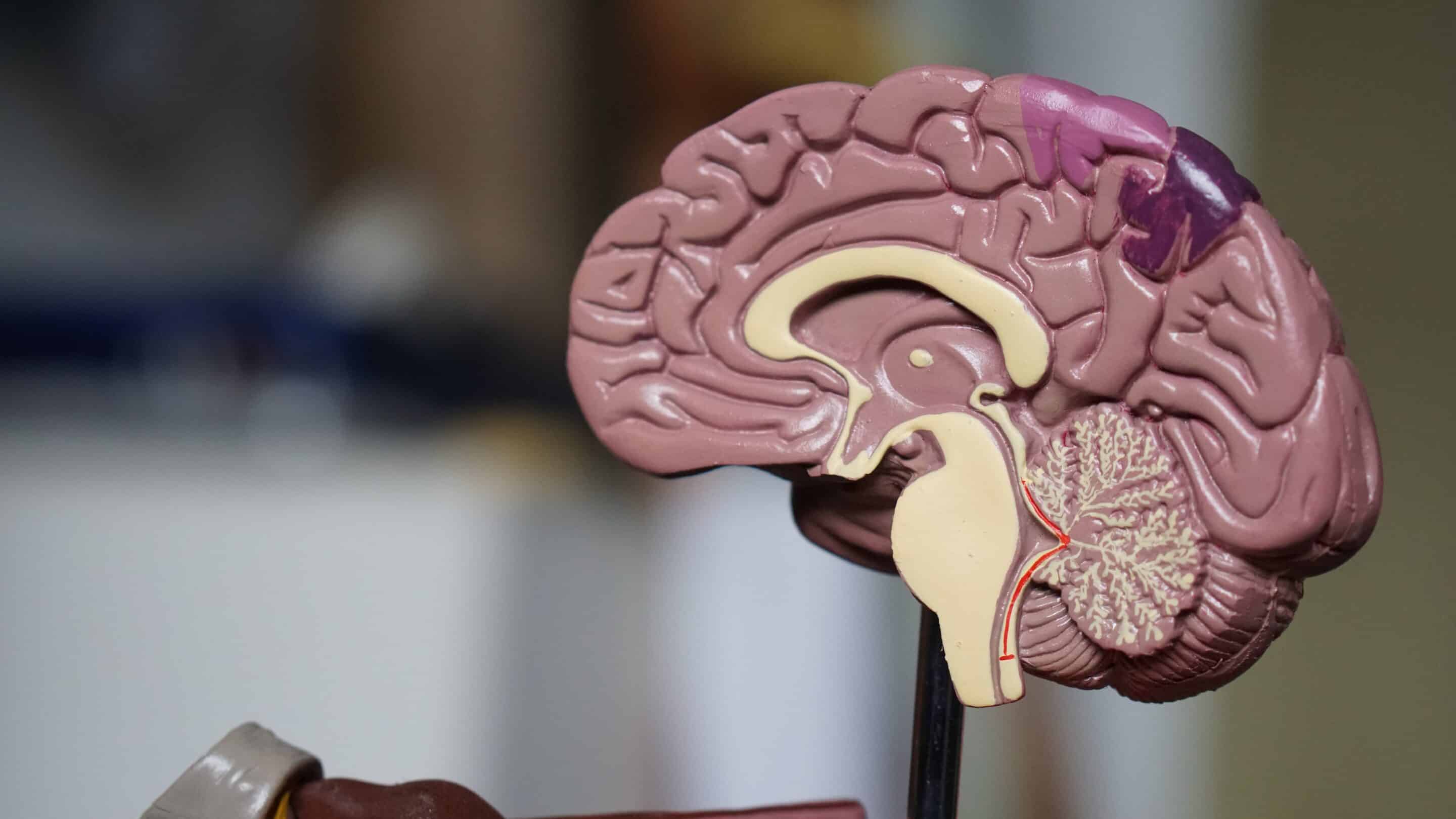Prescription drug addiction is a growing epidemic that affects millions of people around the world. And one of the most commonly abused prescription drugs is oxycodone, also known as OxyContin. While this medication can be beneficial for managing pain in the short term, it also carries a high risk of addiction due to its euphoric side effects.
Oxycodone addiction can quickly spiral out of control and wreak havoc on both physical and mental health, relationships, and overall well-being. In this blog post, we will discuss the signs and symptoms of oxycodone addiction, along with key steps to take for recovery. Whether you or someone you love may be struggling with an oxycodone addiction, knowing the warning signs and seeking help is crucial for overcoming this challenging issue.
Definition of Oxycodone and its classification
Oxycodone is a potent pain reliever classified as an opioid analgesic. Derived from the opium poppy plant, this medication alters how the brain perceives pain, making it an effective treatment for moderate to severe pain. Oxycodone works by binding to specific receptors in the brain and blocking the transmission of pain signals.
Due to its potential for abuse and dependence, oxycodone is classified as a Schedule II controlled substance in the United States, meaning it has a high potential for abuse but still has accepted medical uses when used under the guidance of a healthcare provider. Proper dosing and careful monitoring are essential for minimizing the risk of addiction and other adverse effects associated with this medication.
Side effects and potential dangers of long-term use
While some individuals may not experience any adverse effects, others may experience a wide range of unwanted symptoms.
Some of these include:
- Nausea and vomiting
- Dizziness
- Constipation
- Difficulty breathing
- Confusion
- Mood swings
- Hallucinations
It’s vital to discuss any concerns you have with your healthcare provider and to routinely monitor your health while taking any prescription or over-the-counter drugs for an extended period.
Additionally, be sure to follow the recommended dosage and frequency of use, as exceeding these guidelines can increase the risk of negative side effects. With caution and proper monitoring, however, many people can safely and effectively manage chronic health conditions with long-term medications.
Recognizing the Signs and Symptoms of Oxycodone Addiction
It is important to recognize the signs and symptoms of this addiction to prevent further harm. Physical symptoms may include:
- Increased tolerance to the drug, requiring higher doses for pain relief.
- Withdrawal symptoms when trying to reduce or stop use.
- Using oxycodone for non-medical reasons or without a prescription.
- Doctor shopping (obtaining multiple prescriptions from different doctors).
- Changes in behavior and mood swings.
Psychological symptoms may include:
- Strong cravings for the drug.
- Continuing to use despite negative consequences (e.g., strained relationships, financial problems).
- Withdrawal from activities and responsibilities.
- Increased secrecy and dishonesty about drug use.
In addition, individuals may become secretive and defensive about their drug use. As with any addiction, seeking professional help is key to recovery. If you or someone you know is exhibiting these signs and symptoms, it is important to seek assistance from a medical professional as soon as possible.
Seeking Help and Treatment Options for Oxycodone Addiction
Seeking treatment options for this addiction can be the first step towards recovery. Fortunately, there are various treatment options available, and some of these include:
- Inpatient rehabilitation programs
- Outpatient counseling and therapy
- Support groups such as Narcotics Anonymous (NA) or SMART Recovery
- Medication-assisted treatment (MAT)
- Cognitive-behavioral therapy (CBT)
- Holistic approaches, including mindfulness and meditation
It’s essential to find the right treatment option that suits your needs and preferences. Treatment programs aim to help individuals recover from addiction, stop substance abuse, and learn coping mechanisms to avoid relapsing. Professional help and support can assist individuals in managing their addiction and regaining control of their lives. With the right support and treatment, recovery is possible.
Contact Impact IOP – Louisville Addiction Treatment Center Today
Recognizing the signs and symptoms of addiction is crucial in seeking help and starting the journey towards recovery. With various treatment options available, it’s important to find the right one for your needs and work towards maintaining sobriety.
If you or someone you know is struggling with oxycodone addiction, don’t hesitate to contact Impact IOP – Louisville Addiction Treatment Center today. Our team of experienced professionals can provide the support and guidance needed to overcome addiction and start living a healthier, substance-free life. Remember, recovery is possible, and we are here to help every step of the way.

